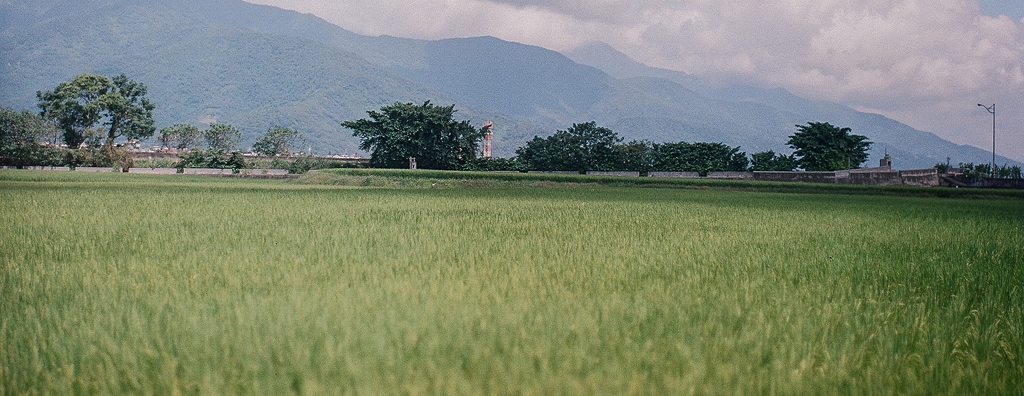
How Rice Farmers Stand Ready to Lead the Fight Against Climate Change
Working at a climate change related organization, it is rare to attend a social event where the topic of climate change is not raised. A description of my work is often met with mixed reactions, but occasionally I am rewarded with a stimulating exchange of ideas. During these discussions, I’m frequently asked my opinion about solutions for halting climate change.
I wish I had a silver bullet to share, but humanity isn’t altering the earth’s climate through any single action—thus there is no single action to stop it. The solution will take a concerted effort from a multitude of approaches; including embracing carbon markets and growing the number of carbon offset project protocols in the market. The approval of the California Rice Cultivation Carbon Offset Protocol on June 25, 2015, is another powerful tool in the toolbox for fighting climate change.
Most people don’t associate agriculture with climate change, much less rice cultivation, but the Environmental Protection Agency estimates that agriculture contributed 9% to total U.S. greenhouse gas emissions in 2013. Therefore, there are great opportunities to reduce global warming through agricultural practice changes. Environmental Defense Fund’s Robert Parkhurst penned a guest post on The Climate Trust’s blog last year, describing how the rice protocol could be the first land-based agricultural protocol approved by California’s Air Resource Board; setting a precedent for future agriculture protocols. The importance of this precedent increases as California’s cap and trade carbon market expanded to include Quebec in 2014; with pending expansions from Ontario and Mexico soon to follow. As more buyers enter the market, the demand for offsets will increase, and the rice protocol is the critical stepping stone to unlocking additional agricultural offsets.
Standard rice cultivation practices produce methane—a potent greenhouse gas—from anaerobic decomposition caused by the flooding of fields containing organic matter. The organic matter originates from soil amendments, plant residues, and root discharges. Using this information as a baseline, the new rice cultivation protocol details three ways a farmer may generate carbon offsets; dry seeding, early drainage, and alternate wetting and dry activities. Rice growers in California and the Mississippi River Valley may implement one or more of these practices on their land.
The difference between the methane emissions from standard rice cultivation, and the methane emissions after the practice changes to rice cultivation under the protocol, is what generates the carbon offsets. These offsets may then be sold to businesses under California’s cap and trade system that must reduce their emissions; generating additional revenue for the farmer. The additional practices will require more active management and carry added risks, but the carbon revenues, water savings and other benefits can increase the bottom line for farmers.
California’s Air Resources Board worked with multiple stakeholders to add flexibility to the protocol and provide various co-benefits. For example, farmers may halt practices in the protocol during drought periods. The practice changes will improve wildlife habitat for many bird species, as well as habitat for the threatened, giant garter snake in California. Farms operating under these practice changes have also been shown to be more resilient to severe weather.
Now that the rice protocol has been approved to generate carbon offsets, it is up to farmers, project developers, offset buyers, verifiers and other stakeholders to utilize this new tool. As with all new tools, we must first use it in order to discover its true value, and inevitably find ways to make it better. The approval of the rice protocol is a great starting point for bringing additional agriculture practices to the carbon market, and an exciting step in the right direction for addressing climate change. However, there is still much to be done. So, as Robert Parkhurst put it last year, “Let’s get to work.”